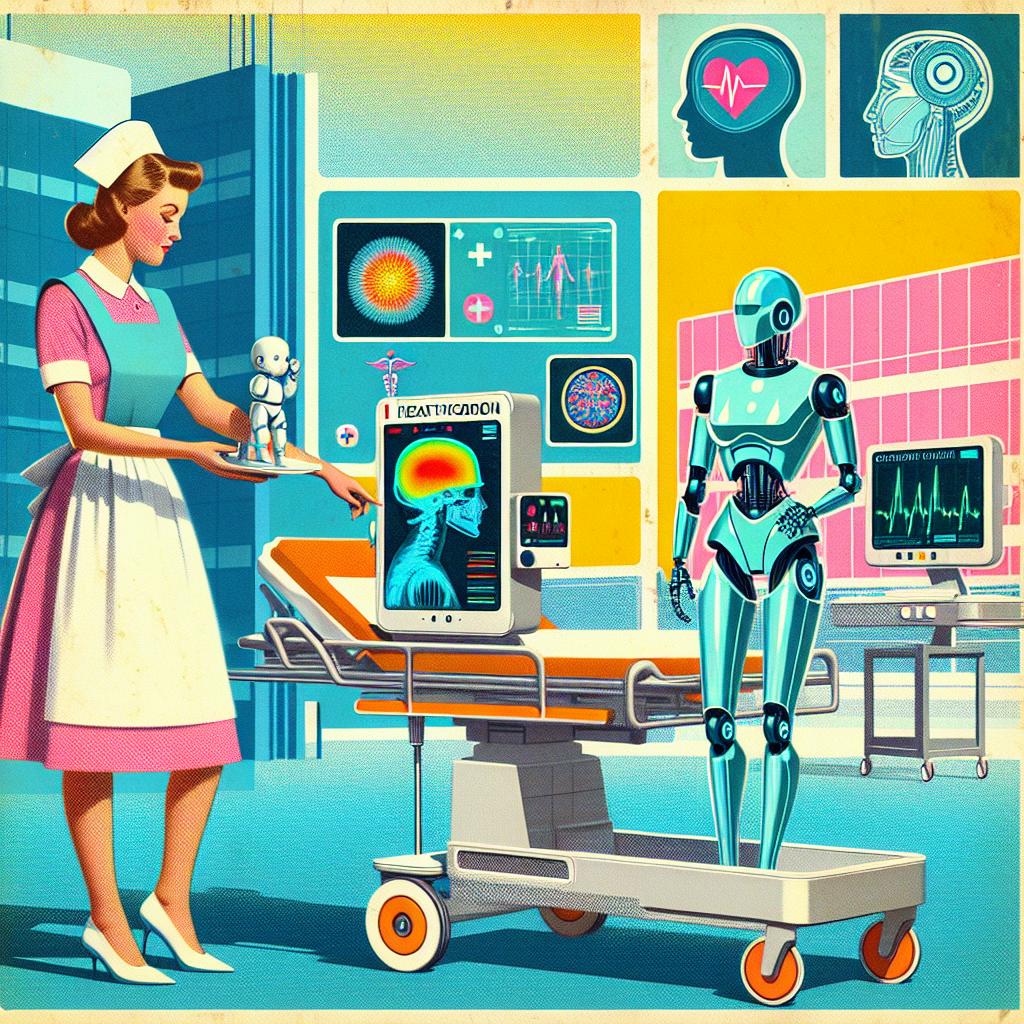The Environmental Cost of Meat Consumption
Meat consumption is not just a dietary choice; it has profound impacts on our environment. Numerous studies have shown that livestock farming is a major driver of deforestation, contributing to the loss of biodiversity and the destruction of crucial ecosystems. The Amazon rainforest, often referred to as the “lungs of the planet,” is being reduced at alarming rates due to the expansive farming of cattle for meat production. In addition to vast swathes of forest being cleared, meat production also requires significant water resources, contributing to the depletion of freshwater systems worldwide.
Furthermore, the greenhouse gases emitted during livestock farming—primarily methane from ruminants and nitrous oxide from their manure—are particularly detrimental. In fact, livestock production is responsible for approximately 14.5% of global greenhouse gas emissions, according to the Food and Agriculture Organization (FAO) of the United Nations.
The Rise of Plant-Based Alternatives
As the consequences of meat consumption become clearer, a remarkable shift in consumer preferences is occurring. Rising public awareness has sparked a significant increase in demand for plant-based and lab-grown alternatives. Companies such as Beyond Meat and Impossible Foods are leading the charge by offering alternatives that not only cater to the taste and texture cravings of meat-lovers but also come with a smaller environmental footprint. These innovations range from bean-based patties to cultured meats, promising a future where the traditional meat market is heavily supplemented, if not overtaken, by more sustainable options.

Legislative efforts also support this evolution. The European Union, for instance, has proposed initiatives aimed at promoting reduced meat consumption as a part of its broader environmental strategy. These propositions include incentives for farmers to engage in sustainable practices and guidelines to encourage citizens to opt for meat-free days.
Public Health and the Shift Towards Plants
In addition to environmental considerations, public health is increasingly influencing consumer choices. Research indicates that reducing meat intake is associated with lower risks of chronic diseases, including heart disease, diabetes, and some types of cancer. The health benefits of plant-based diets, coupled with environmental awareness, create a compelling case for individuals to shift their dietary habits. This transformation reflects a growing trend where food is recognized not only for sustenance but also for its broader implications on our health and the globe.
The metamorphosis in how we consume is happening at a pivotal moment. As national and local governments grapple with climate change policy, consumer demand for sustainable food system solutions could pivot the industry toward greener practices. With more individuals making conscious choices about their consumption, driven by both ethical and environmental concerns, the potential for a widespread adoption of plant-based diets continues to grow.
The intersection of health, climate concerns, and consumer choice marks a significant shift in societal dietary norms. It remains to be seen whether the plant-based revolution can indeed curb climate change—one meal at a time. However, the momentum is palpable, revealing an inherent understanding among consumers that our food choices can carry weight in the war against climate change.



